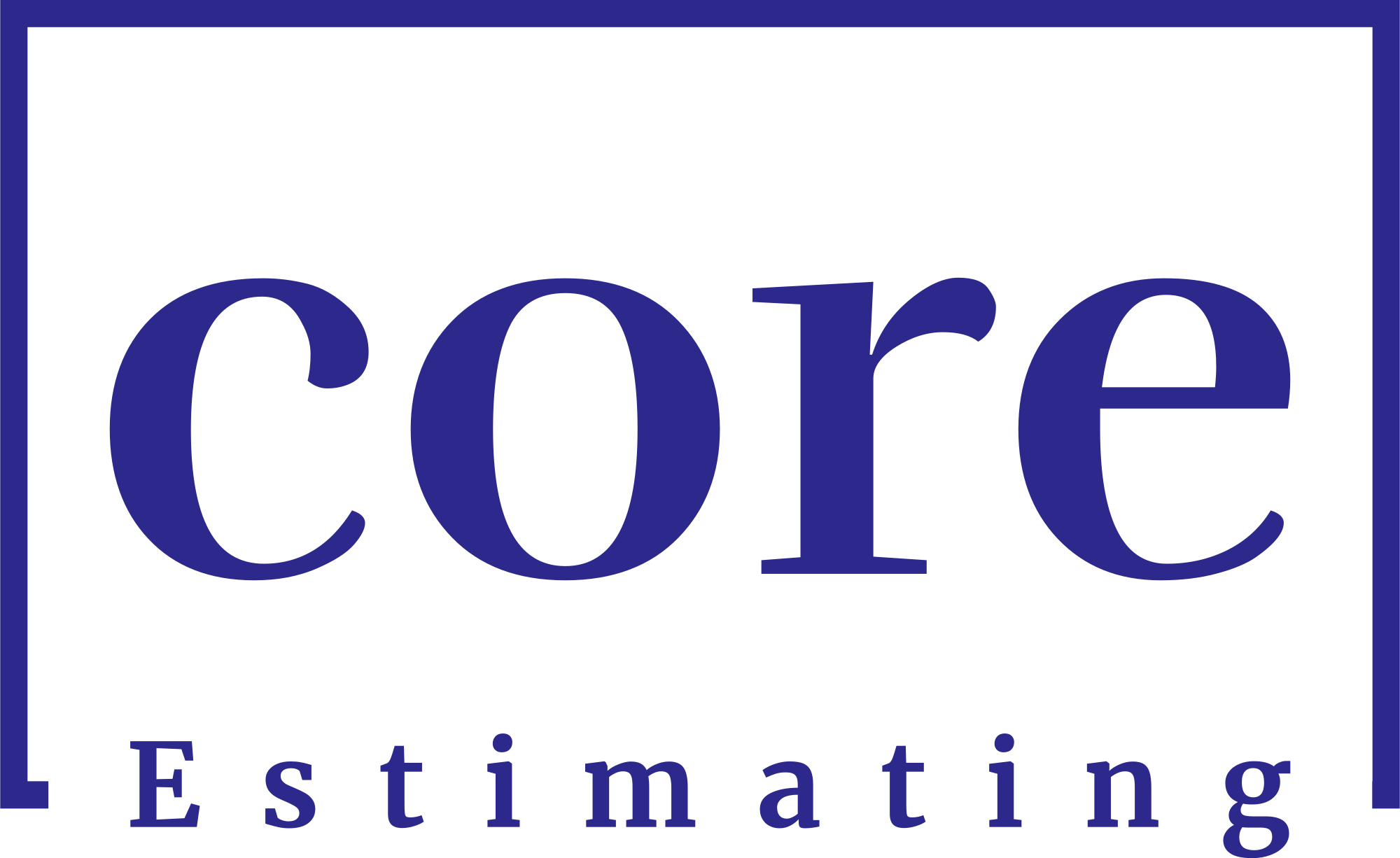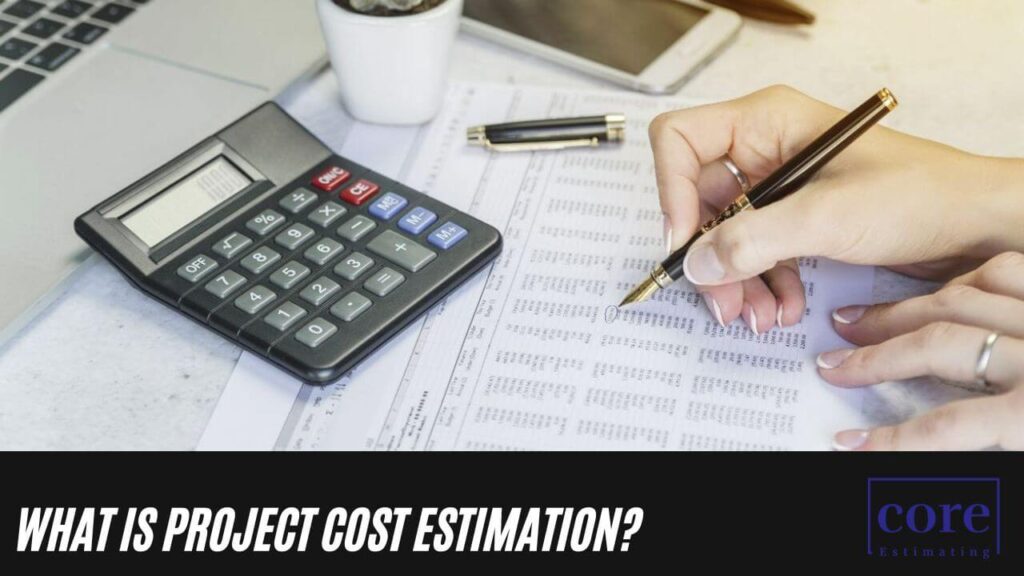In the realm of project management, understanding the budgetary constraints is as crucial as understanding the task at hand. One critical aspect that plays a pivotal role in managing finances is project cost estimation. So, what exactly is project cost estimation?
Project cost estimation is the process of forecasting the financial and resource costs required to successfully complete a project within the specified time. It includes budgeting for all necessary expenses, such as labor, materials, software, and equipment, among others.
If you’re in need of construction estimate services, simply go to homepage or follow the links below:
| Services | Links |
|---|---|
| Detailing Services | Link |
| Building Information Modeling | Link |
| General Contractor | Link |
| Subcontractors | Link |
| MEP | Link |
Importance of Project Cost Estimation
Budgeting
Project cost estimation is the backbone of effective budgeting. It ensures that adequate funds are allocated to each project phase, thus promoting financial responsibility and accountability.
Decision Making
Accurate cost estimation facilitates informed decision-making. By understanding the financial implications of different project aspects, managers can prioritize tasks, allocate resources effectively, and make adjustments where necessary.
Risk Management
Cost estimation also plays a crucial role in risk management. By anticipating potential costs, managers can identify financial risks early and develop strategies to mitigate them, thus ensuring project sustainability.
Also Read: What is Get a Quote Construction
Components of Project Cost Estimation
Project cost estimation typically includes the following components:
Direct Costs
These are expenses directly tied to the project, such as labor, materials, and equipment.
Indirect Costs
Indirect costs, also known as overheads, refer to costs that are not directly linked to a specific project but are necessary for the project’s completion. Examples include utilities, administrative costs, and depreciation.
Techniques for Project Cost Estimation
Several techniques can be used to estimate project costs. Let’s take a closer look at some of the most common ones.
Analogous Estimating
This technique uses the costs of past, similar projects to estimate the cost of the current project. It’s relatively quick and easy, but its accuracy depends on the similarity between the two projects.
Parametric Estimating
Parametric estimating involves using statistical modeling to predict project costs based on historical data and project parameters. This method is more accurate than analogous estimating, but it requires robust historical data.
Bottom-up Estimating
In bottom-up estimating, costs are estimated for individual tasks, and then these estimates are aggregated to determine the total project cost. This approach is more time-consuming but often results in higher accuracy.
Three-Point Estimating
Three-point estimating uses optimistic, pessimistic, and most likely cost scenarios to estimate project costs. This method helps to account for uncertainty and risks.
Challenges in Project Cost Estimation
Despite its importance, project cost estimation is not without challenges. These include unpredictable changes in market conditions, inaccurate data, and unforeseen project complications. It requires considerable expertise, experience, and tools to perform accurate project cost estimation.
Conclusion
In conclusion, project cost estimation is a crucial component of project management. It helps in budgeting, decision making, and risk management. While it may be challenging, using appropriate estimation techniques and understanding the components of project cost estimation can significantly improve its accuracy.
FAQs
What is project cost estimation?
Project cost estimation is the process of predicting the financial and resource costs needed to complete a project successfully.
Why is project cost estimation important?
Project cost estimation is vital for budgeting, decision-making, and risk management in project management.
What are the components of project cost estimation?
The components of project cost estimation include direct and indirect costs.
What techniques are used in project cost estimation?
Common techniques used in project cost estimation include analogous estimating, parametric estimating, bottom-up estimating, and three-point estimating.
What challenges are there in project cost estimation?
Challenges in project cost estimation include changes in market conditions, inaccurate data, and unexpected project complications.






